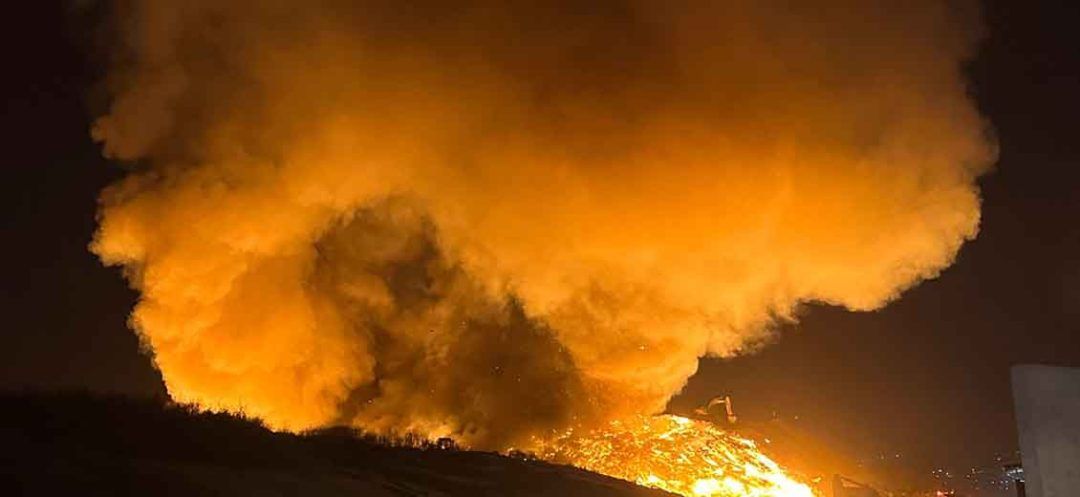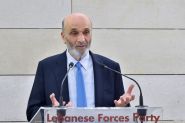
©Credit: Sawratcom
Campaigner and legal researcher with Greenpeace Middle East & North Africa, Farah al-Hattab, warned about the toxic risks Lebanese people face due to unsafe landfills in residential areas.
Commenting on the fire at the Bourj Hammoud landfill on Thursday, she explained that "the fire released toxic smoke from burning organic and inorganic materials like plastics. This waste turns into a burning mass that is difficult to extinguish and continues to reignite, especially in large landfills like Bourj Hammoud."
"The toxic smoke contains dangerous substances like methane gas, dioxins, and furans, which pose a severe threat to public health, increasing the risk of respiratory and cancerous diseases," she added.
Al-Hattab stressed that this "catastrophic incident highlights the urgent need to address Lebanon's ongoing waste crisis. Landfills like Bourj Hammoud are packed with vast amounts of untreated waste, leading to environmental degradation and serious health threats."
She considered that the fire serves as a stark reminder that Lebanon can no longer rely on temporary solutions for its waste crisis.
"The country needs to implement effective, urgent, and sustainable solutions in the short and long term, focusing on waste reduction, reuse, recycling, and safe disposal. If the situation remains unchanged, Lebanon will face recurring health and environmental crises," she concluded.
Commenting on the fire at the Bourj Hammoud landfill on Thursday, she explained that "the fire released toxic smoke from burning organic and inorganic materials like plastics. This waste turns into a burning mass that is difficult to extinguish and continues to reignite, especially in large landfills like Bourj Hammoud."
"The toxic smoke contains dangerous substances like methane gas, dioxins, and furans, which pose a severe threat to public health, increasing the risk of respiratory and cancerous diseases," she added.
Al-Hattab stressed that this "catastrophic incident highlights the urgent need to address Lebanon's ongoing waste crisis. Landfills like Bourj Hammoud are packed with vast amounts of untreated waste, leading to environmental degradation and serious health threats."
She considered that the fire serves as a stark reminder that Lebanon can no longer rely on temporary solutions for its waste crisis.
"The country needs to implement effective, urgent, and sustainable solutions in the short and long term, focusing on waste reduction, reuse, recycling, and safe disposal. If the situation remains unchanged, Lebanon will face recurring health and environmental crises," she concluded.
Read more



Comments